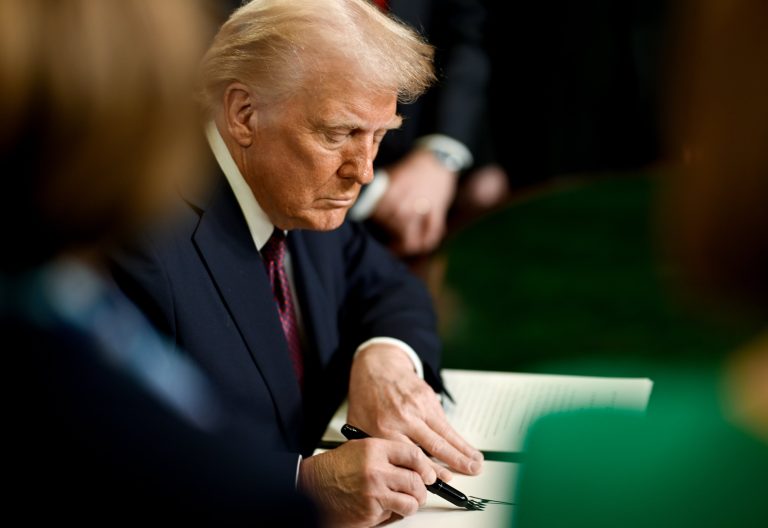No country will come out winner in game of tariffs

In an era defined by interconnected markets and global commerce, the notion of a tariff war is both outdated and dangerously misguided. While tariffs may seem like a tool for asserting economic strength or correcting trade imbalances, they often lead to widespread damage, leaving no real victors. The promise of short-term political gains comes at the expense of long-term prosperity, harming businesses, consumers, and the global economy alike.
At its core, a tariff war involves one nation imposing duties on another’s goods to make imports more expensive and incentivize domestic consumption. In theory, this protects local industries, reduces trade deficits, and fosters economic growth. However, in a globalized economy where supply chains stretch across borders, such a simplistic approach backfire. Nations do not operate in isolation; actions in one country inevitably ripple through others just as Chinese President Xi Jinping noted last week while meeting with Spanish Prime Minister Pedro Sánchez in Beijing.
This reality is once again in focus as President Donald Trump, having returned to the White House, has launched a fresh wave of tariffs – pausing reciprocal measures for many countries but imposing a staggering 145 percent duty on Chinese imports. If history is any guide, the outcome will mirror the 2018–2020 US-China trade war, where both nations suffered significant economic fallout.
During that trade war, tariffs worth billions were levied on both sides. The US aimed to protect its manufacturing base and address concerns like intellectual property theft. However, the result was higher costs for American consumers on everyday items, from electronics to clothing. US manufacturers faced increased expenses for Chinese components, leading to reduced profits and job insecurity. Even unrelated sectors, like agriculture, were hit hard when China retaliated with tariffs on US farm exports, devastating soybean and pork producers.
China, too, faced substantial damage. Factories dependent on US customers saw demand plummet. Entire sectors, such as automotive and electronics, slowed or shut down. Chinese consumers paid more for essentials, and the broader economy suffered as export growth stalled.
Ultimately, the economic pain intended for one side rebounded onto the other. Businesses and consumers in both countries faced reduced choices, inflated prices, and disrupted markets. Global supply chains were thrown into chaos, and industries lost momentum. These are the real costs of tariff warfare – damage that is shared, not isolated.
Moreover, tariffs rarely resolve the complex issues they aim to address. They are often deployed for political optics rather than economic strategy. While leaders may use them to show toughness or national pride, tariffs cannot force another nation to change its policies. Instead, they distort markets, inflame tensions, and reduce long-term competitiveness. Domestic industries shielded by tariffs often become less efficient, unable to compete globally without protection.
The impact goes beyond the warring countries. Global economic uncertainty, fuelled by fluctuating trade policies, discourages investment and innovation. Companies reliant on stable trade relationships hesitate to commit to long-term plans. They’re forced to restructure supply chains, adopt costlier alternatives, or move operations – disruptions that weaken efficiency and global cohesion.
The collateral damage is especially severe in the developing world. Nations in Africa, Latin America, and Southeast Asia, which rely heavily on access to global markets, suffer when major economies restrict trade. Tariff-induced price increases make essential goods less accessible, stifle exports, and hinder development. These countries, uninvolved in the disputes, bear consequences they did not create.
The evidence is overwhelming: no one wins a tariff war. Instead, all sides endure economic losses, strained relationships, and diminished global stability.
— The writer is a Journalist and Communication Consultant














